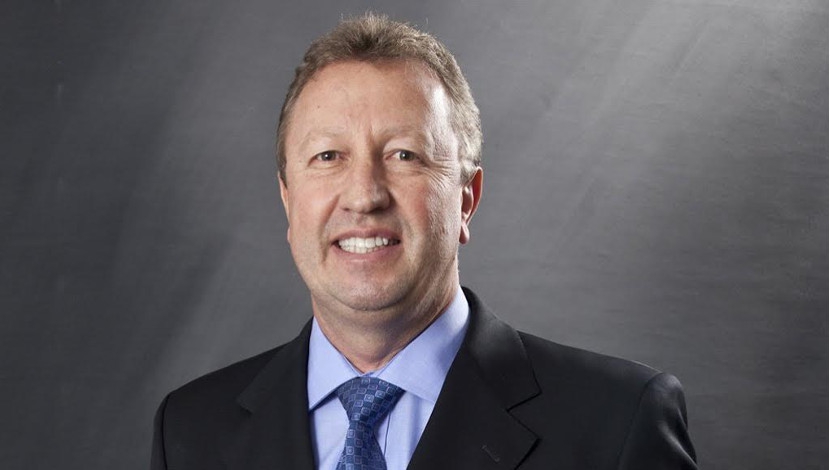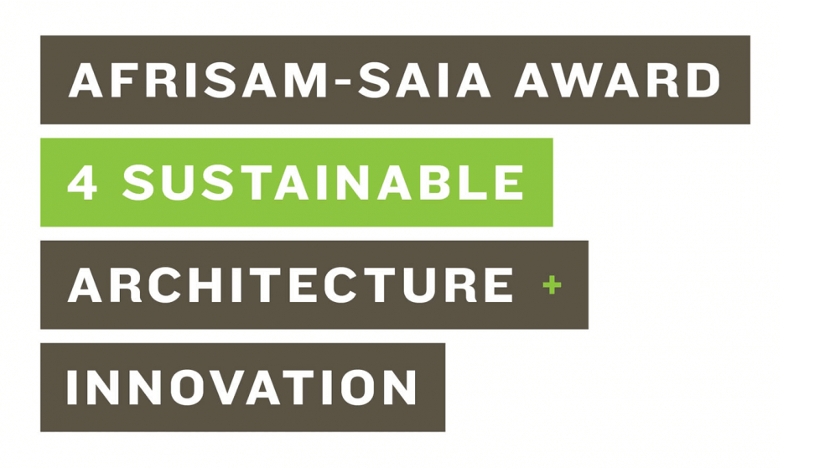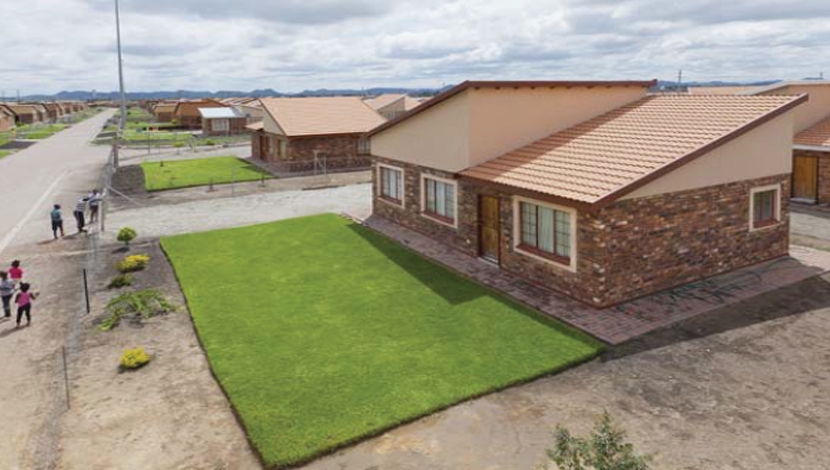

As the green-building groundswell takes hold globally, construction materials supplier AfriSam says industry can expect to several trends emerge this year.
These trends, AfriSam marketing manager Victor Bouguenon says, include South Africa’s property and construction players committing to greener practices, as well as project managers developing regenerative and integrated process skills.
“Another of these trends is using standardised green rating tools – such as the Leadership in Energy and Environmental Design (LEAD) system, which was devised by the United States Green Building Council, as well as the Green BuildingCouncil of South Africa’s (GBCSA’s) certification, to evaluate the environmental performance of a building and encourage market transformation towards sustainable design,” he explains, adding that these trends are being adopted and providing momentum in the ‘sustainability’ debate.
Bouguenon notes that the GBCSA had 28 projects certified in South Africa by 2012. About 2 500 projects are expected to be certified by 2020.
Bouguenon further notes, explaining that hesitation to participate in the industry might be because of the perceived financial costs involved.
To curb hesitation, AfriSam’s composite cement products – such as the AfriSam Eco Building Cement and Eco Readymix– have been specially engineered to extract the maximum value from using mineral components together with pure cement to achieve outstanding performance and a significantly lower carbon footprint.
“The carbon footprint of our Eco products has been halved compared with ordinary portland cement, depending on the strength requirement,” Bouguenon enthuses.
He adds that when using AfriSam’s Advanced Composite C-Tech technology AfriSam products offer eight advantages over pure cements: an improved workability; reduced heat of hydration; reduced susceptibility to chemical attacks; reduced permeability; increased erosion resistance; continued strength gain over time to create a more durable concrete; increased durability from the combined benefits; and a low carbon footprint.
He explains that AfriSam was the first in the industry to introduce a carbon footprint measure-mentsystem in 2009, which indicated the carbon footprint of each cement product at every plant relative to ordinary Portlandcement.
Bouguenon believes that AfriSam was arguably the world’s first construction materials supplier to measure the carbon footprint of all its production operations, including cement, aggregate and readymix.





